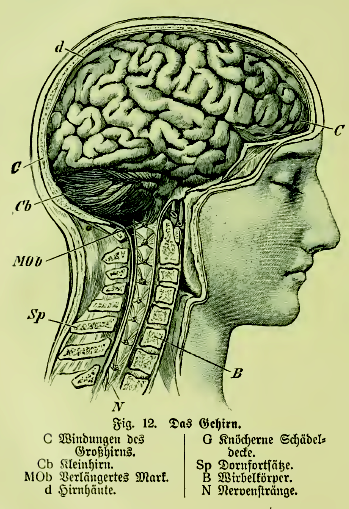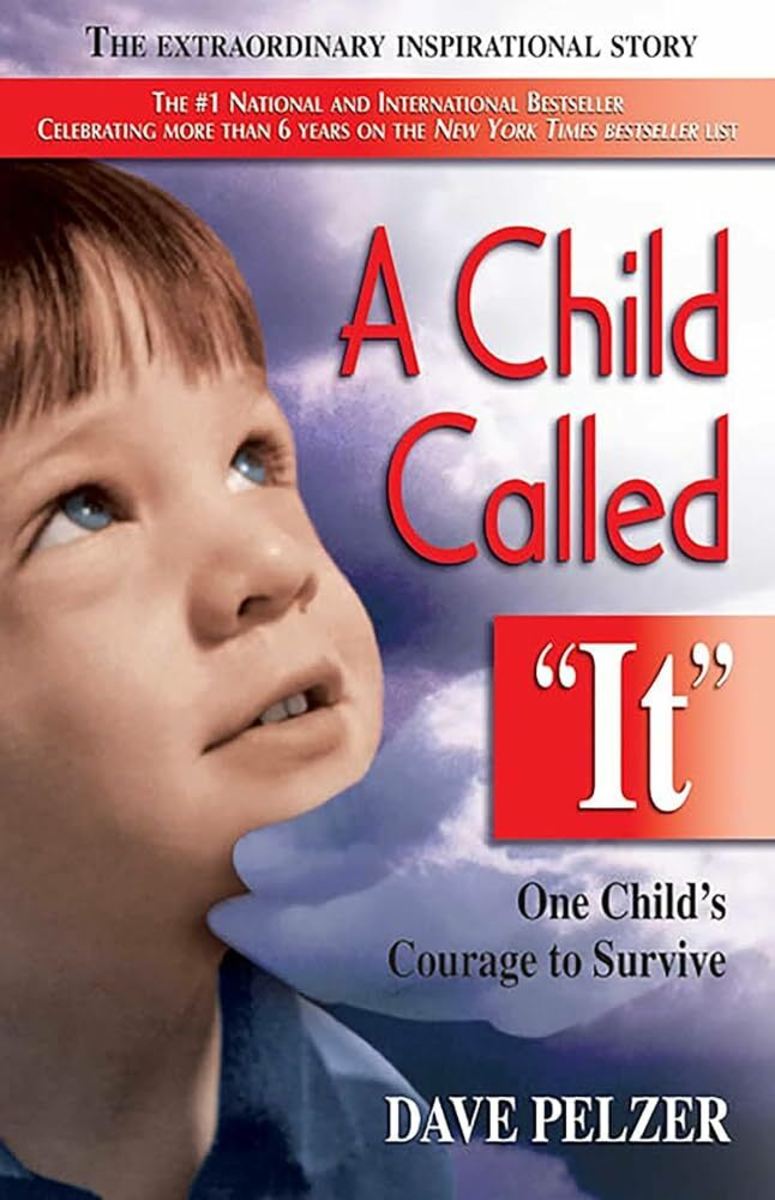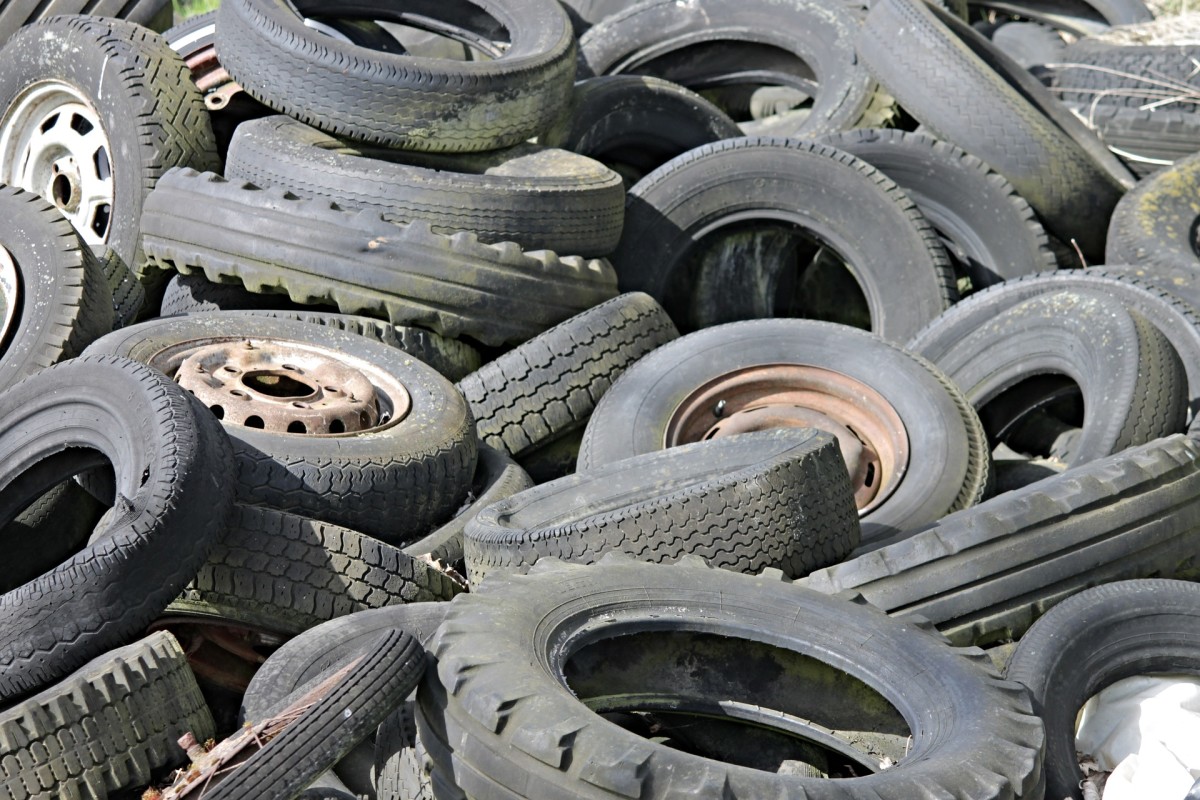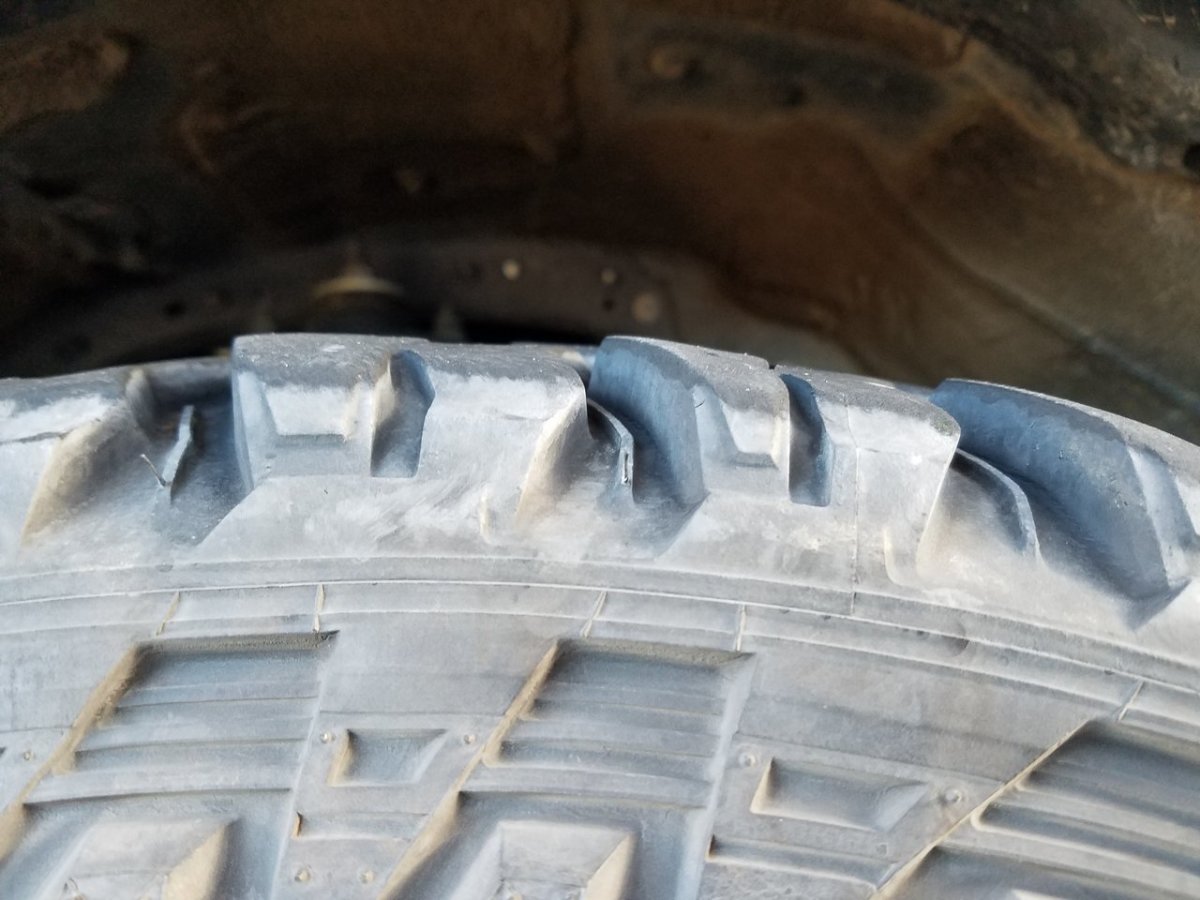Does The Trend of Child Deaths in Hot Cars Reveal Bigger Issues Within Our Society?

The summer of 2014 was a particularly bad year, at least in news exposure, of child deaths and injuries related to being left unattended in hot cars. Reasons from the parents/caregivers ranged from forgetfulness due to stress, tiredness, or distractions to possible criminal intent (see the case of the Georgia father in this article).
Some believe that young children are left more often than we realize in cars. But whether intentional or unintentional, being left in the car during soaring summer temperatures creates a dangerous situation that can quickly get out of hand.
Barring criminal intention or purposeful neglect, are children being unwittingly left in cars a symptom of a greater problem in our society. Does it have something to do with the lack of support for parents and the increasing demands on moms and dad to be able to do everything?
Are We Asking More Than Is Humanly Possible of Parents?
In those cases of true, unintentional abandonment of the child in a hot car, the stories are eerily similar.
They usually involve a change of routine; the dad usually takes the baby to daycare but due to a change in schedule, the mother ended up taking the baby that day. She was running on auto-pilot, muti-tasking, or distracted and went on to her place of work, forgetting the sleeping child in the back until it was too late.
Stress can also be a factor: work deadlines, stress related to health, finances, or other family issues have also all been cited as reasons the child was forgotten in the vehicle.

In today's high stress world, more and more pressure is placed on individual parents to balance their work and home life. With the growing income inequality, the need for both parents to work full time in order to receive enough pay for basic necessities places an added burden on families with young children.
In the United States, maternity leave is short to non-existent as compared to other developed countries and very rarely is there much paternal maternity leave at all.
The result is tired, stressed parents who may ultimately make careless mistakes that end up costing their children's lives.
Deadly Mistakes
In a June 2014 Time Magazine article, Aaron Gouveia, talks about his experience with momentarily forgetting his infant son in the car and the fact that it was only because he forget his grocery list that he went back to the car and remembered his sleeping son. In Gouveia's case, it was winter and the single digit temperatures may have also quickly caused hypothermia and death for his baby.
His reason for forgetting his son was part of the same reasons many parents cite: a change in routine.
In a fascinating 2009 article for the Washington Post, Gene Weingarten, unravels the complicated reasons that children are left in cars and the gray areas of where criminal intent and prosecution meet, at best, manslaughter.
Weingarten points out that the incidences of children being left in cars increased substantially in the 1990s when the laws about child safety seats changed, making them rear facing.
In the article, he quotes a University of South Florida professor, David Diamond, who studies memory. Diamond notes that "if you are capable of forgetting your cell phone, you are potentially capable of forgetting your child."

The article contains an amazing interview with Diamond where he explains the complication of memory and how our mind can switch to auto-pilot despite our best intentions.
Many of the factors that trigger this mode, including stress, are also factors that existed in the cases where children were accidentally left in vehicles.
Reading this article helps anyone to understand, especially those who are quick to say "that could never happen to me," that, yes, yes it could happen to you.
Ways To Prevent Accidental Deaths of Children Left In Cars
The ways to help prevent accidental abandonment of children in hot cars is clear, something must jog your memory. Something must help to break you out of autopilot, especially if you are stressed, tired, or distracted.
Here are some ideas:
- Leave one or both shoes in the back seat.
- Set several, successive alarms on your cell phone that will send an audio and visual reminder to check on your child.
- Have someone else help you be accountable. Ask a friend to call you at a certain time to remind you about your child.
- Place a note next to your inside, passenger door handle reminding you that you are supposed to drop the baby off at daycare.
- Set a reminder that pops up on your work computer screen when you log in.
These are just a few of the ways that you can help to jog your memory. What are some other ways that you help to remind yourself? Leave a comment in the comments section!
What About Those Caregivers Who Leave Children Behind On Purpose?
Sometimes, though, criminal intent and neglect are to blame for the deaths or injuries of children in hot cars.
In June 2014, a Georgia father, Justin Harris, left his young child in the car all day while he went to work at Home Depot. While it appeared to be an accident, it was later revealed that the father had done research on his computer regarding what temperature the car needs to be in order for a child to die. He also researched what it was like to be child-free. Harris was arrested and is facing trial for what may be intentional neglect and murder.
In another case out of Portland Oregon, a nanny left a one month old and a three year old in a hot vehicle while she went to the tanning salon. She was arrested and charged.
Cases like these show that child hot car deaths are complicated and each case needs to be investigated individually to determine if there is criminal intent or a truly horrible mistake on the part of the caregiver.

Hot Car Deaths Are Too Frequent
In developed nations like the United States, the deaths of children in hot cars happens to often. But painting all parents that this happens to with the same broad strokes does not help to find a solution to the problem.
As a nation, we should realize that parents with young children often face mounting pressures at home, work, and in society in general.
Offering support for your friends and family members, to help with the child or in other ways alleviate their stress, may help to prevent this tragedy from happening.
We are all imperfect humans and one moment of forgetfulness can lead to a lifetime of pain and regret.
In these cases, it is best to remember John Bradford's sentiment: "There but for the grace of God go I."
References
- Fatal Distraction: Forgetting a Child in the Backseat of a Car Is a Horrifying Mistake. Is It a Crim
Gene Weingarten’s take on car seat deaths, winner of the 2010 Pulitzer Prize for Feature Writing. - I Accidentally Left My Child In The Car - TIME
Another sad story of a child dying from being left in a hot car should remind us of one thing: it could happen to any parent








